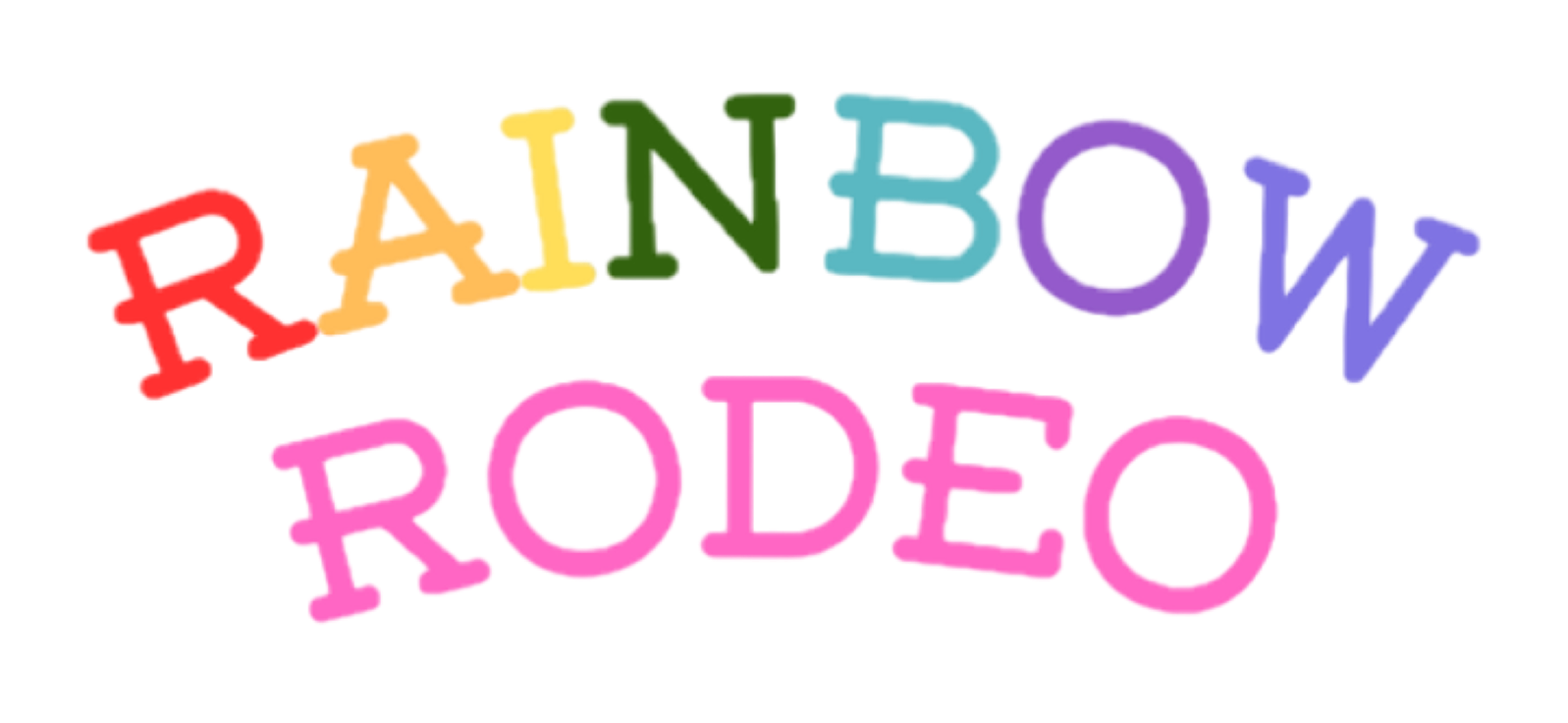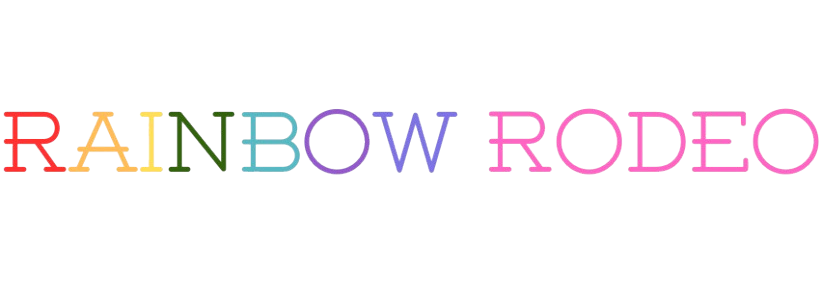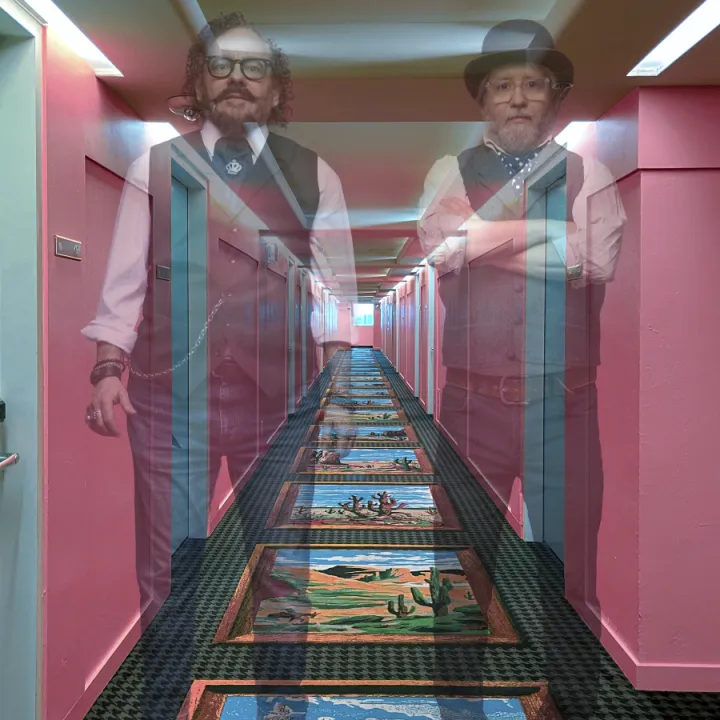How "Live Like You Were Dying" Changed My Life as a Gay Man

You can read Josh’s full essay when you subscribe to our Patreon. CONTENT WARNING: Non-graphic mention of a suicide attempt.
As I write this, Travis Tritt is boycotting Anheuser-Busch over the company’s inclusion of a trans person in a beer commercial. As laughable -– no, pathetic -– as this boycotting is, it indicates a longstanding pattern in country’s mainstream narrative as music for straight white cis dudes. Never mind the outstanding work of women, people of color, and LGBTQIA+ folks in country music -– it seems like mainstream country music doesn’t want fans -– let alone artists -– like me.
No matter: there are many mainstream country hits of the last few decades that are near and dear to my heart, regardless of how many industry gatekeepers don’t want to acknowledge the existence of fans marginalized in categories other than, though overlapping with, social class.
Near the top of the list of hits that mean so much to me is Tim McGraw’s soaring, epic 2004 classic, “Live Like You Were Dying.” Say what you want about the song feeling “inspirational” and didactic, like it’s designed to give listeners a lesson for life; this is one hell of a record.
And in a strange way, the song is my story, as it is for many people. It’s that powerful and evocative for me. “Live” won Single of the Year and Song of the Year at the Country Music Association awards (CMAs), becoming an instant classic and one of McGraw’s very biggest hits, among many contenders. But for me, there’s a specifically queer meaning to this song’s resonance(s) in my life.
I have a bad habit of falling for the wrong people. Whether or not they’re straight, a lot of the guys I’ve fallen for tend to fit a mold of being, frankly, unavailable. It may or may not have been a result of being “groomed” to be straight and wanting to be like–and be with–people that weren’t “weird” like me.
But one time, falling for the wrong guy and being honest about it, in fact, saved my life. “Jesus, I’m lucky,” I think as I write this.
In 2011, I wanted to die. The difference then, as opposed to other times, is that I actually tried. I honestly didn’t think of it as a suicide attempt, but when you don’t care if you live or die, it makes a lot of sense to call it that–especially after you run through traffic. It was more than a cry for help. I remember feeling more haunted and angry than simply ambivalent about what was going on in my life.
What led me to do that was my conviction that my life could never get better. A year earlier, I realized I was one of the most beloved people in my college community when hundreds of people stood up for me at my graduation for the impact I had made on my small campus. After months of living at home with my parents and being continually stuck in my head, which was filled with agonizing, traumatic memories from the first eighteen years of my life, something needed to change.
….
A couple years later, when I looked up “Live Like You Were Dying” online–hearing it in full for the first time–I had an epiphany, realizing, surprise of surprises, that I needed to live my life with, at the very least, less fear, and ideally to the fullest, whatever that means. I’m not going “skydiving” or “Rocky Mountain climbing” anytime soon, as I differ from the song’s hypermasculine protagonist, but the day I first listened to it, I resolved to tell another guy, one whom I figured was straight, that I liked him. He admired my bravery and didn’t hate me in the slightest.
So what does living like I were dying look like, feel like, sound like, smell like, taste like? On many days, it looks and smells like my dusty apartment, tastes like a life without relying on caffeine or anything high in added sugar, feels like wanting to stay stagnant while moving forward anyway.
And it sounds like triumph. It sounds like Tim McGraw’s “Live Like You Were Dying.”
That’s what this song represents to me. It also represents a TEDx talk, a master’s degree in English, and a community where I live, all of which didn’t exist when I attempted suicide in 2011. It represents my own Substack blog, where I get to write about what I want on my schedule, including about country music. One of my first posts on that blog was about my top 12 favorite country songs about death and dying, and in it I had to mention “Live Like You Were Dying.”
For me, one of the song’s most powerful lines is, “And I gave forgiveness I’d been denyin.’” I have struggled–even to this day–with forgiving many people who hurt me, but the truth is, I don’t have to forgive them; it just helps me if I do. The same goes with forgiving myself.
So, living like I were dying doesn’t mean living every day with so much gratitude for life to never be difficult again. Gratitude and giving myself credit are easier said than done, of course, so I don’t claim to live out this song perfectly.
But nevertheless, whether or not the dominant culture in country music wants me here, I hope I’ll always live like I were dying: here to stay–fearless, bold, and triumphant.
Learn more about Joshua Friedberg on Linked In, Substack and @joshfrmusic on Threads




